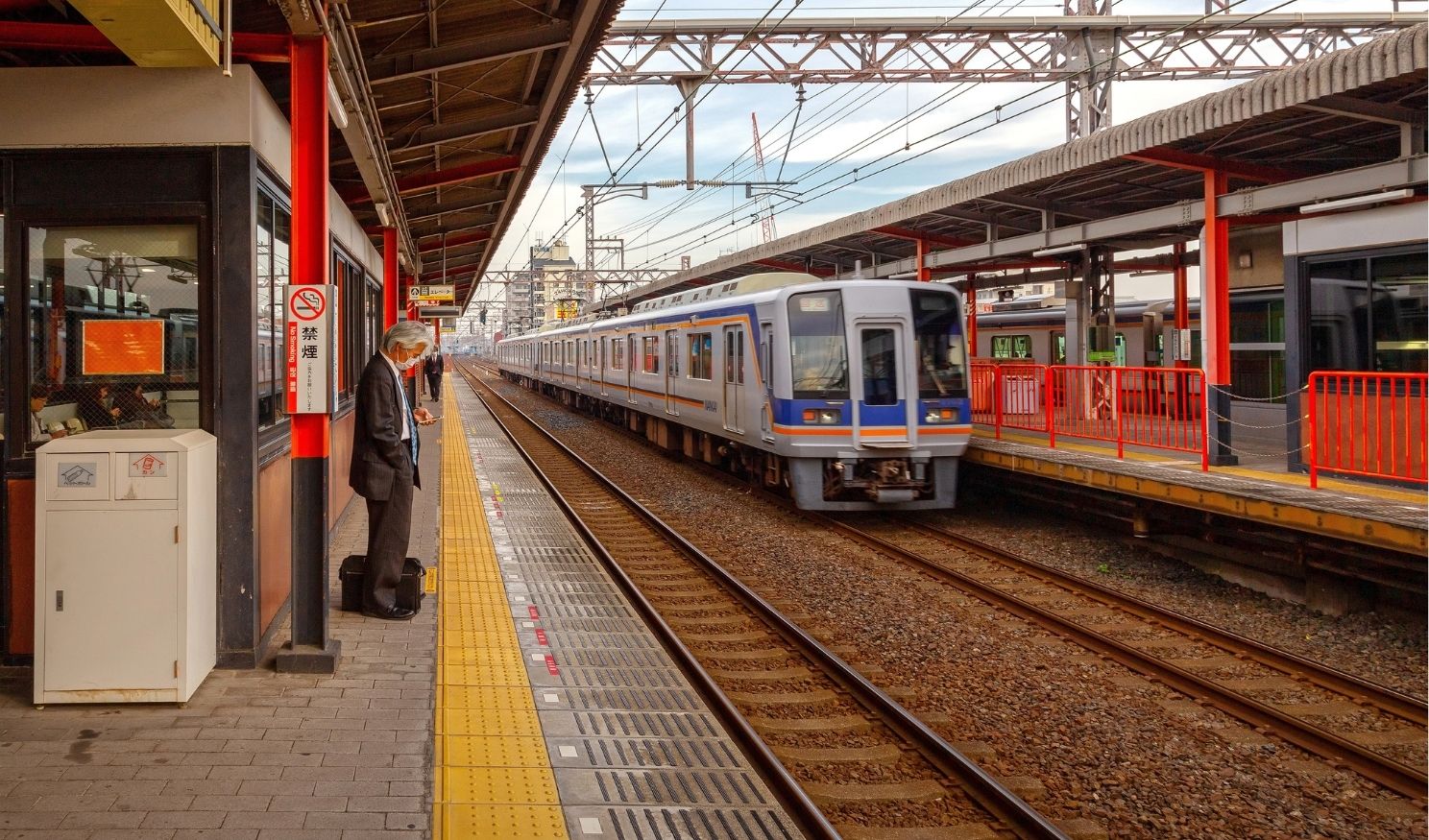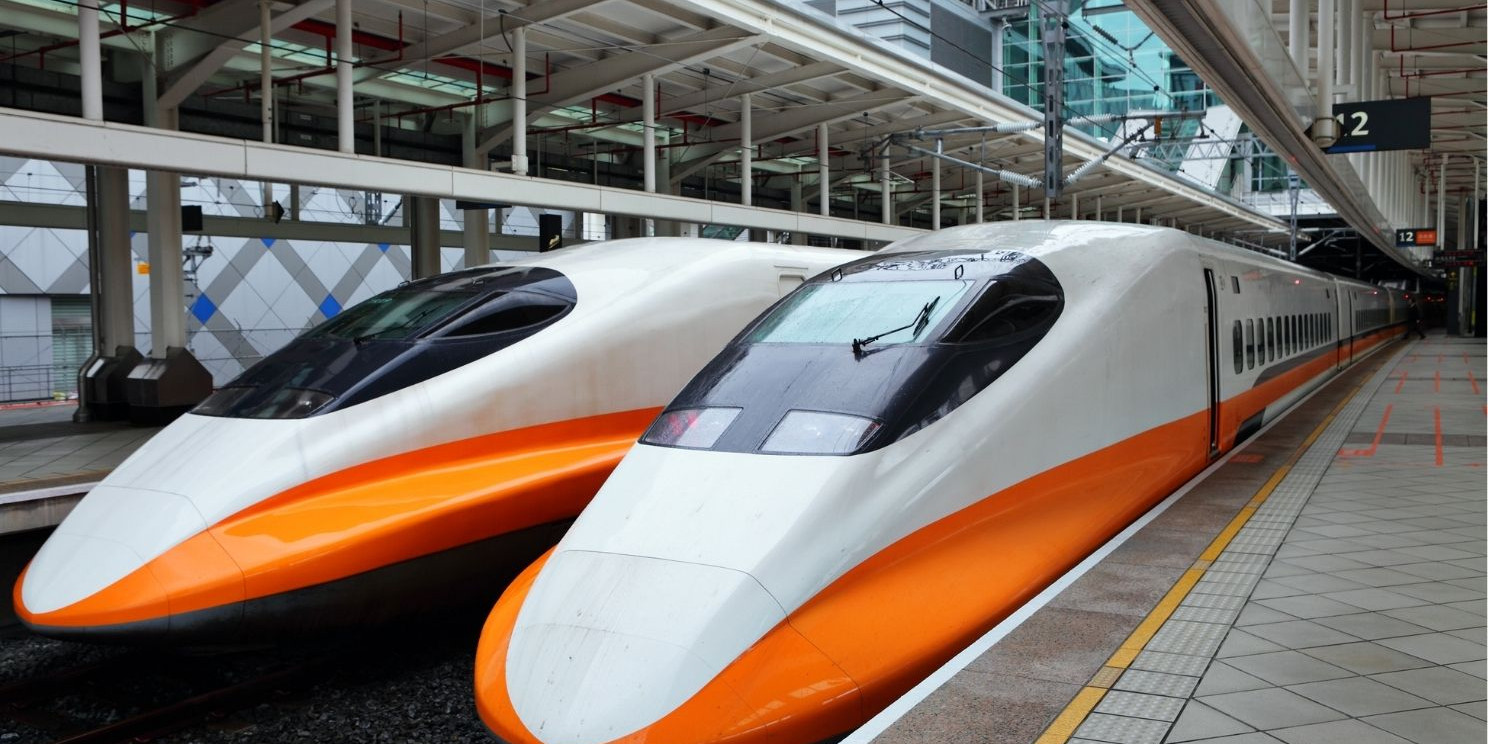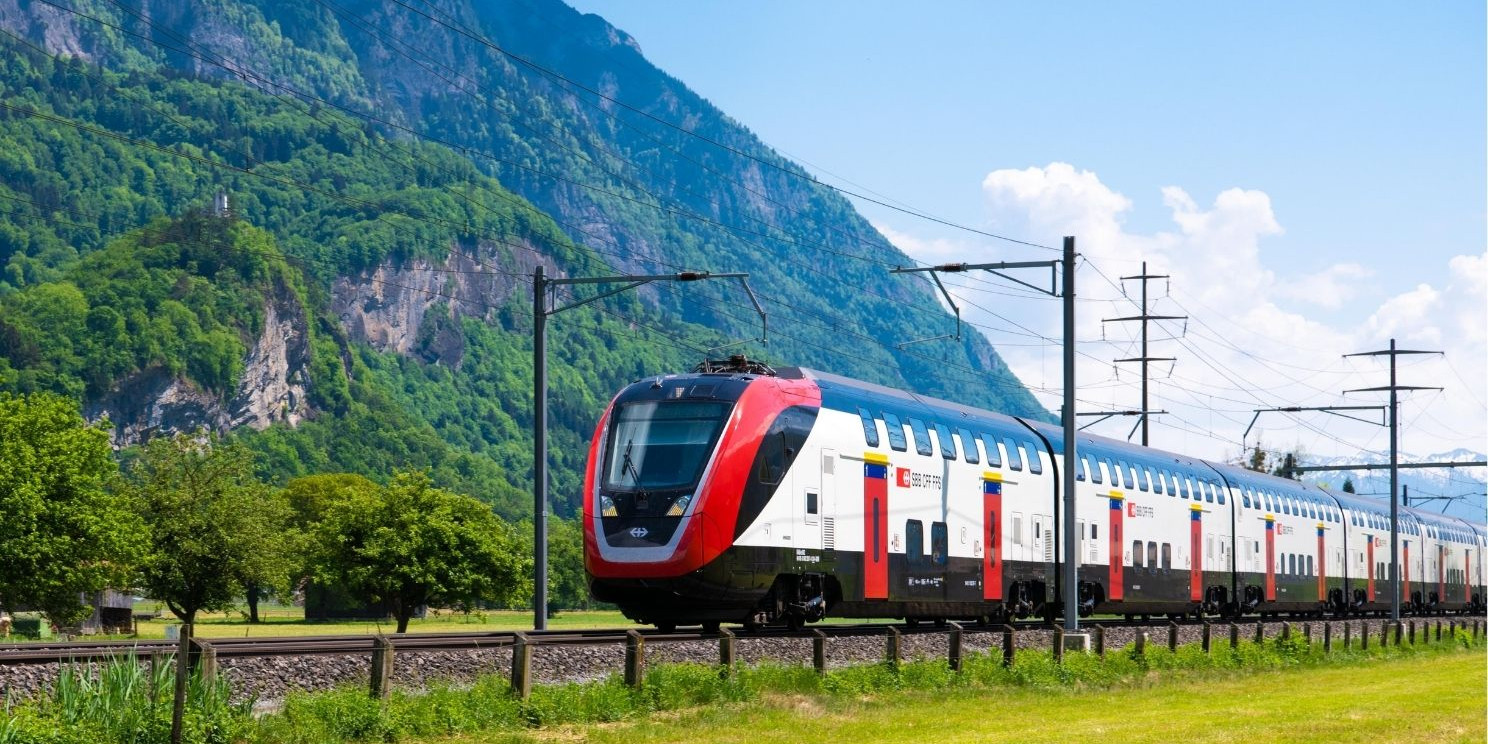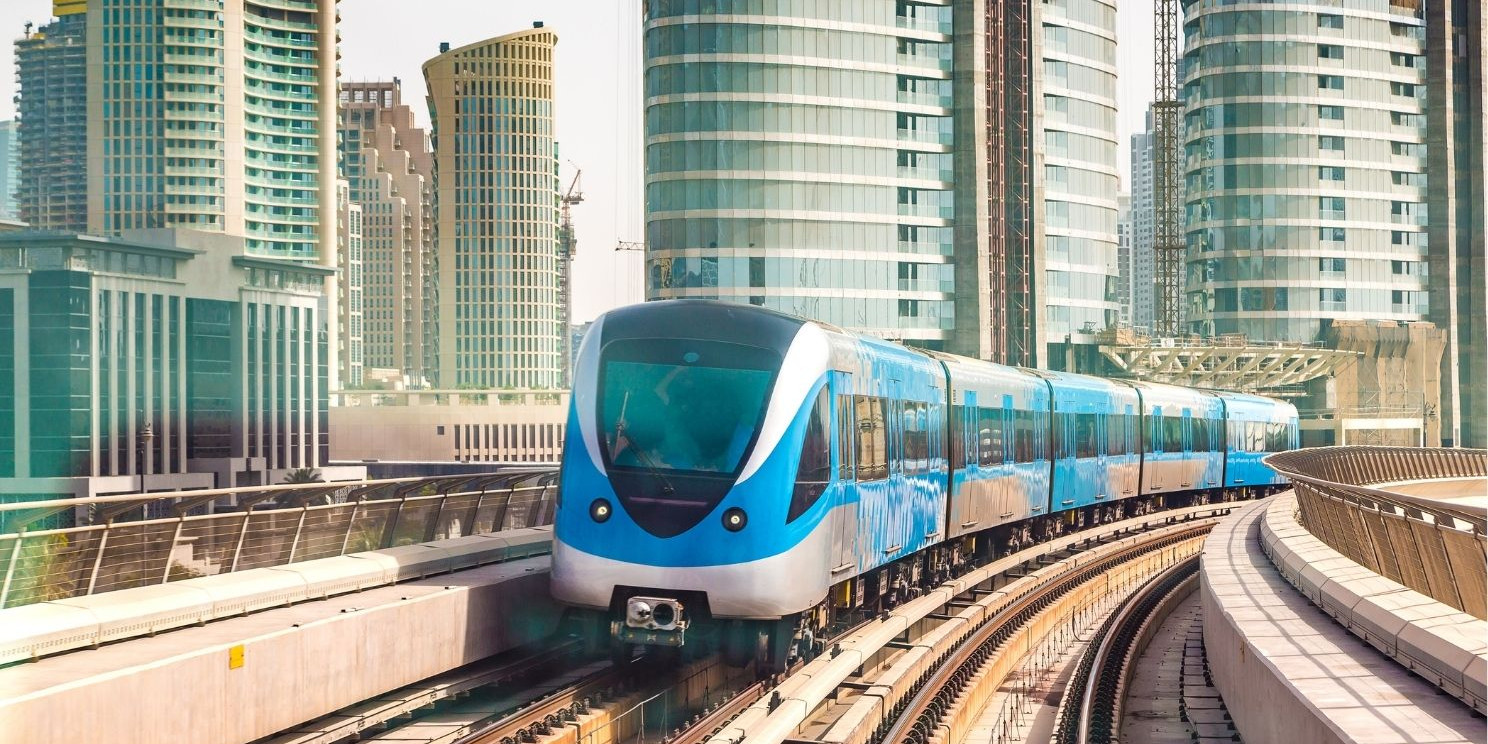In today’s rapidly evolving transport ecosystem, the railway sector is undergoing a digital transformation and communication systems are at the heart of it. As railways expand across borders and adapt to smart mobility demands, the importance of adopting global communication platforms has never been more critical. This post explores why modern rail operators must embrace scalable, interoperable, and future-ready communication solutions to stay competitive, efficient, and safe.
1. The Challenge of Legacy Systems
Traditional railway communication infrastructure, often siloed by geography or supplier-specific technology, struggles to support today’s operational complexity. Legacy systems are not only expensive to maintain but also lack the interoperability needed for real-time, international rail coordination. In contrast, global platforms enable seamless communication across networks, enabling integration between infrastructure managers, operators, and regulators.
2. Enhancing Safety and Real-Time Monitoring
Modern railway communication systems built on global platforms allow for real-time train tracking, instant alerting, and automated response mechanisms. With safety regulations tightening and passengers demanding transparency, the ability to instantly communicate status updates, emergencies, or delays is no longer optional—it’s mission-critical.
3. Improving Operational Efficiency
By centralising communication channels across multiple fleets and regions, global platforms support predictive maintenance, schedule optimisation, and resource allocation. This reduces downtime, lowers operating costs, and enhances fleet utilisation. It also opens the door to data-driven decision-making, where performance metrics and system analytics become central to operational strategy.

4. Supporting Cross-Border Railway Expansion
As international rail corridors continue to develop—especially in Europe, Asia, and Africa standardised communication becomes essential. GSM-R (GSM for Railways) and emerging FRMCS (Future Railway Mobile Communication System) technologies allow trains to operate seamlessly across borders without switching networks or risking service drops.
A global platform provides the foundation for scalable, standards-compliant communication, ensuring compliance with international interoperability standards while simplifying cross-border deployment.
5. Enabling Smart Mobility and Future Innovations
Whether it’s autonomous rail systems, AI-driven diagnostics, or Internet of Things (IoT) integration, emerging innovations require a modern, global communication framework. Platforms that support cloud-based management, cyber-resilience, and scalable APIs will be the backbone of tomorrow’s smart railways.
Final Thoughts
The future of railway operations lies in agile, unified communication systems. Global platforms aren’t just a technological upgrade, they’re a strategic necessity for railway operators who want to scale, adapt, and lead in an increasingly interconnected transport world.
At GSM Rail, we specialise in powering this transformation delivering globally compliant, secure, and future-proof communication solutions designed specifically for the railway industry. Contact us today to learn how your operations can evolve with confidence.




